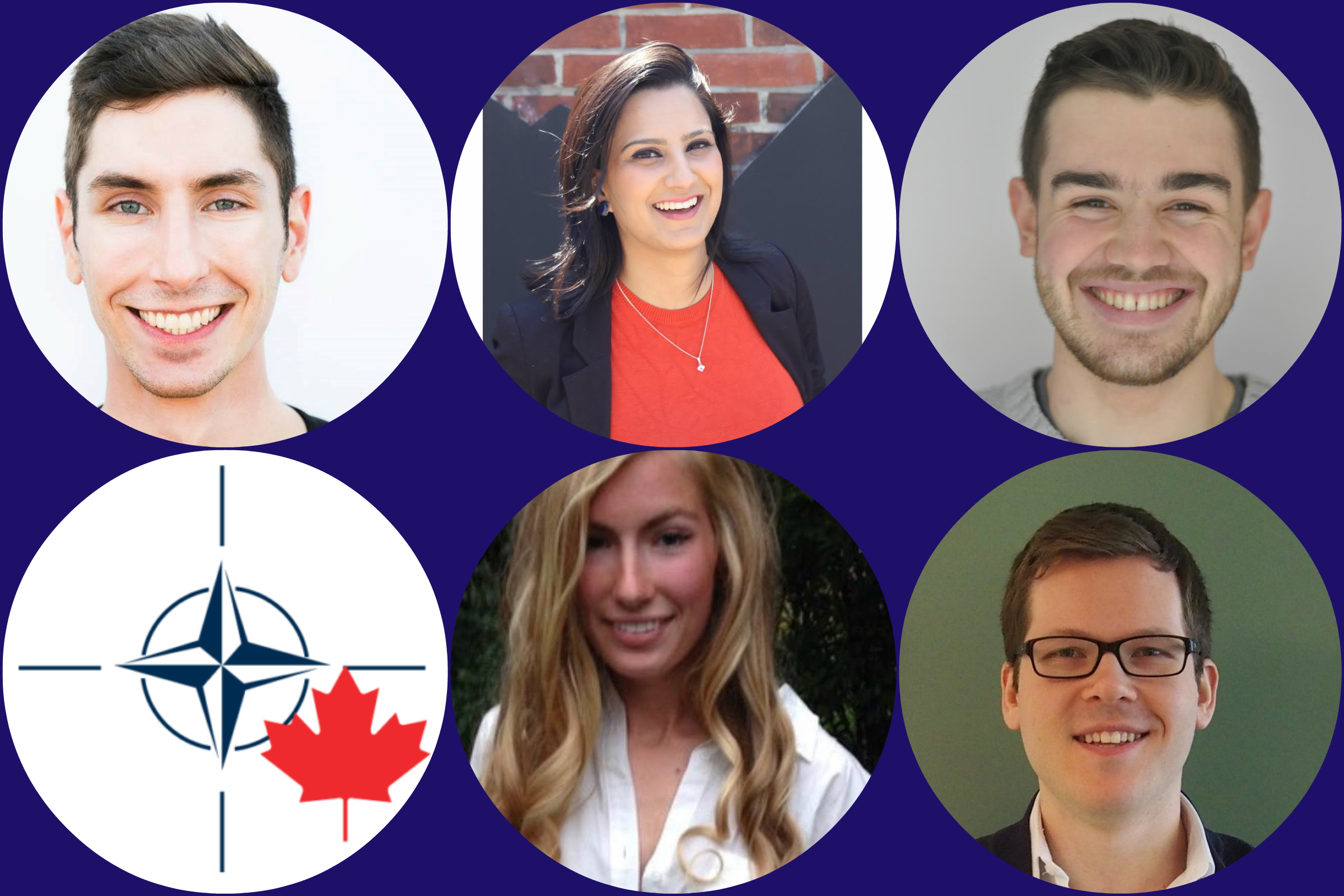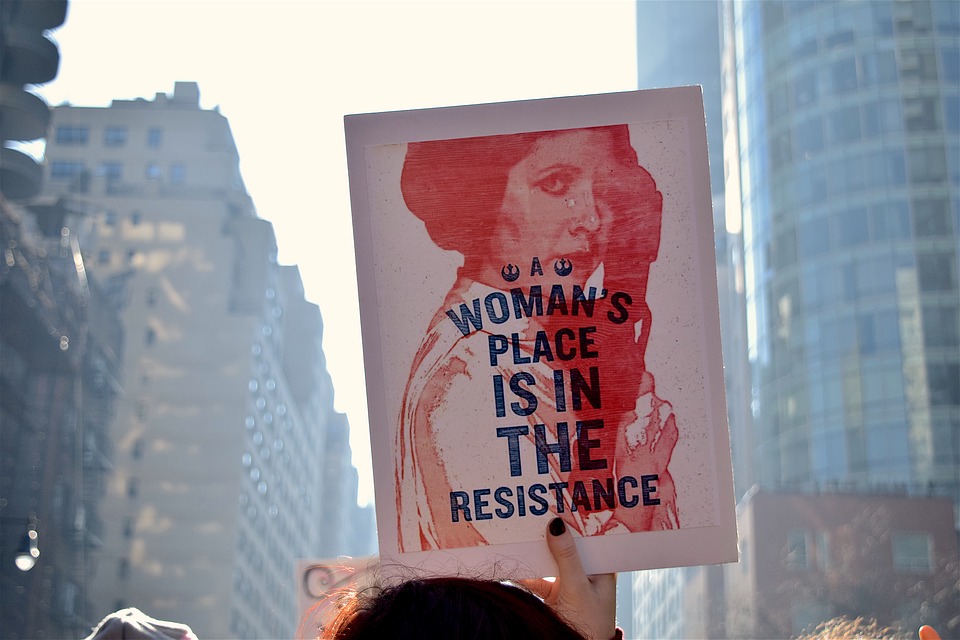This podcast is Part 1 in a series on “A Shifting Global Economy,” which engages our researchers in International Business and Economics on changes in the global economy driven by political, social, technological and other global trends. You can check out Part 2 here, Part 3 here, and Part 4 here. Listen as our analysts give their answers to the question of what the most important factors may be contributing to long-term, structural change in the global economy, and what kinds of changes we can expect to see.
Listen Here:
Sources:
-
Intro: “What are the Bretton Woods Institutions?” (See here)
-
French election results show “historical high” for the National Front (The Guardian)
-
Essay: “The End of History?” by Francis Fukuyama (1989) (see online text here)
-
2015 Innovation Index (Bloomberg)
-
Innovators as “disruptors” in the economy (Forbes)
-
Book: “China’s Disruptors” by Edward Tse (2015) (See a description of the book here)
-
Studies on global population aging and their social impacts (Stanford and Oxford)
-
Article: “China’s Investment in Africa: The New Colonialism?” (Harvard Political Review)
About our Contributors:
 Brad Stollery is a Junior Research Fellow with the NATO Association of Canada, focusing primarily on the International Business & Economics section. He has a BA in Political Studies (Economics minor) from the University of Alberta, and an MA in Political Science from Carleton University. In addition to his fellowship with the NAOC Brad runs a personal blog where he writes about politics and economics, and has published articles in the Edmonton Journal and Calgary Herald. In his free time he enjoys playing soccer and poker, and taking fantasy sports way too seriously. You can contact him at bradstollery@gmail.com.
Brad Stollery is a Junior Research Fellow with the NATO Association of Canada, focusing primarily on the International Business & Economics section. He has a BA in Political Studies (Economics minor) from the University of Alberta, and an MA in Political Science from Carleton University. In addition to his fellowship with the NAOC Brad runs a personal blog where he writes about politics and economics, and has published articles in the Edmonton Journal and Calgary Herald. In his free time he enjoys playing soccer and poker, and taking fantasy sports way too seriously. You can contact him at bradstollery@gmail.com.
 Nilum Panesar is a perpetual learner who is continually looking to expand her horizons. She recently completed her masters in sociology at York University studying identity politics of second generation cultural youth in Canada. While serving as principal investigator on a research project on refugee arrivals in Canada, Nilum developed a deep interest in innovative research methodologies and is looking to use her skills and experience towards a career as a research analyst. She holds deep research interests in identity politics, multicultural dialogue and international development and is eager to write and learn about these and other important issues of global concern.
Nilum Panesar is a perpetual learner who is continually looking to expand her horizons. She recently completed her masters in sociology at York University studying identity politics of second generation cultural youth in Canada. While serving as principal investigator on a research project on refugee arrivals in Canada, Nilum developed a deep interest in innovative research methodologies and is looking to use her skills and experience towards a career as a research analyst. She holds deep research interests in identity politics, multicultural dialogue and international development and is eager to write and learn about these and other important issues of global concern.
 Ross Linden-Fraser is a Junior Research Fellow at the NATO Association of Canada, writing mainly on international business and economics. Since completing degrees in International Relations at Western University and the London School of Economics, he has lived and worked in Edinburgh, Scotland. Having worked in maritime shipping and the engineering sector, Ross has a special interest in international and interdisciplinary communication (and a firm belief in bilingualism). If he isn’t at his desk, he is probably in a canoe, on the fencing piste, or outdoors, camera in hand. Ross can be reached at rlindenfraser@gmail.com.
Ross Linden-Fraser is a Junior Research Fellow at the NATO Association of Canada, writing mainly on international business and economics. Since completing degrees in International Relations at Western University and the London School of Economics, he has lived and worked in Edinburgh, Scotland. Having worked in maritime shipping and the engineering sector, Ross has a special interest in international and interdisciplinary communication (and a firm belief in bilingualism). If he isn’t at his desk, he is probably in a canoe, on the fencing piste, or outdoors, camera in hand. Ross can be reached at rlindenfraser@gmail.com.
 Megan Robinson is a Commerce student at the Asper School of Business at the University of Manitoba with a major in International Business and a minor in Russian and Spanish languages. Megan is currently the Sponsorship Director for the Polar Bear Formula 1 Racing Team at the University of Manitoba’s chapter of the Society of Automotive Engineers. She has been involved in archaeological research projects concerning the Iron Age in Northern England. Megan is passionate about her studies and research in International Business, and has furthered her knowledge as a Marketing Research Assistant. Megan enjoys volunteering her time at the Winnipeg Art Gallery and at international events such as the Women’s World Cup. Megan can be contacted via email at megan_a_robinson@hotmail.com.
Megan Robinson is a Commerce student at the Asper School of Business at the University of Manitoba with a major in International Business and a minor in Russian and Spanish languages. Megan is currently the Sponsorship Director for the Polar Bear Formula 1 Racing Team at the University of Manitoba’s chapter of the Society of Automotive Engineers. She has been involved in archaeological research projects concerning the Iron Age in Northern England. Megan is passionate about her studies and research in International Business, and has furthered her knowledge as a Marketing Research Assistant. Megan enjoys volunteering her time at the Winnipeg Art Gallery and at international events such as the Women’s World Cup. Megan can be contacted via email at megan_a_robinson@hotmail.com.
Disclaimer: Any views or opinions expressed in articles are solely those of the authors and do not necessarily represent the views of the NATO Association of Canada.




